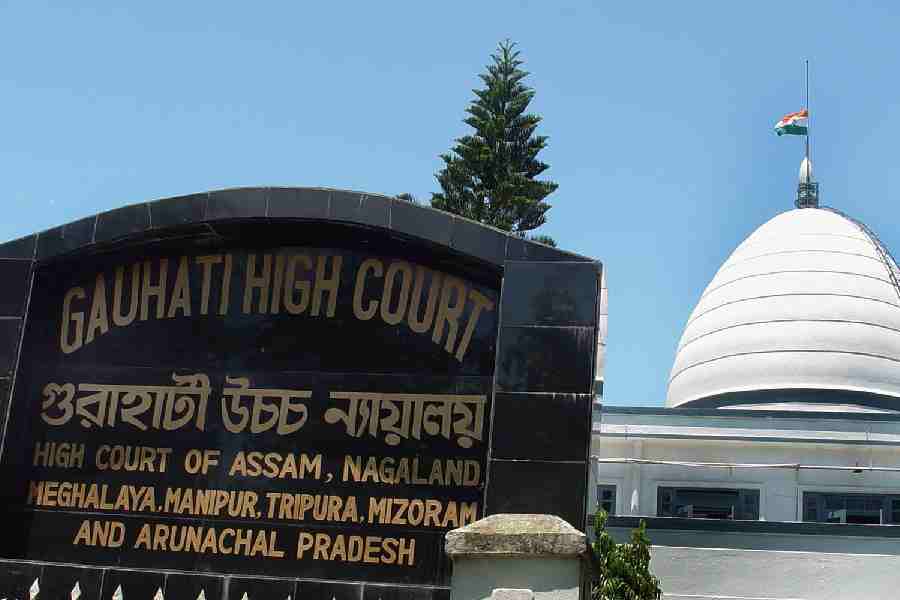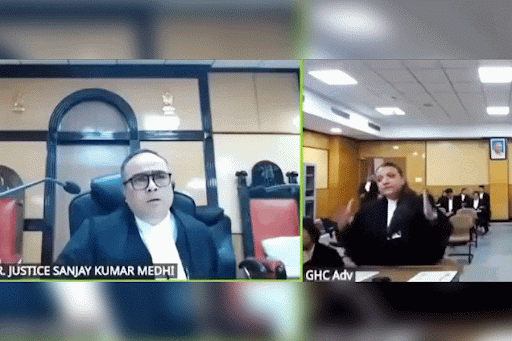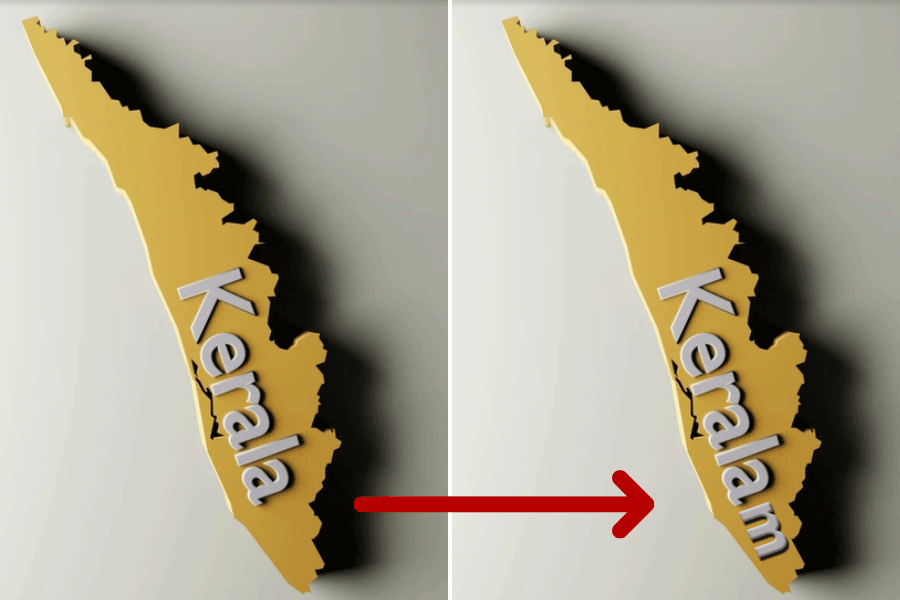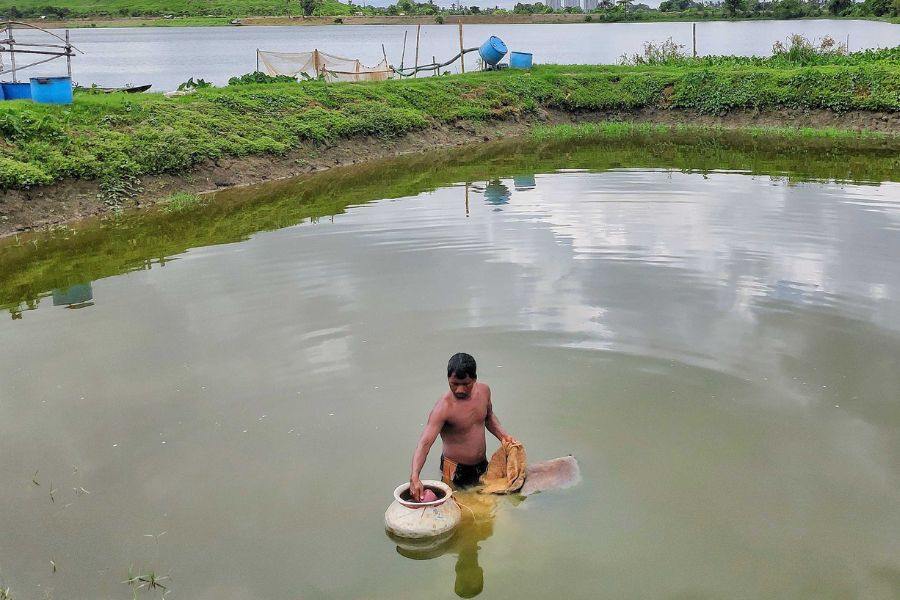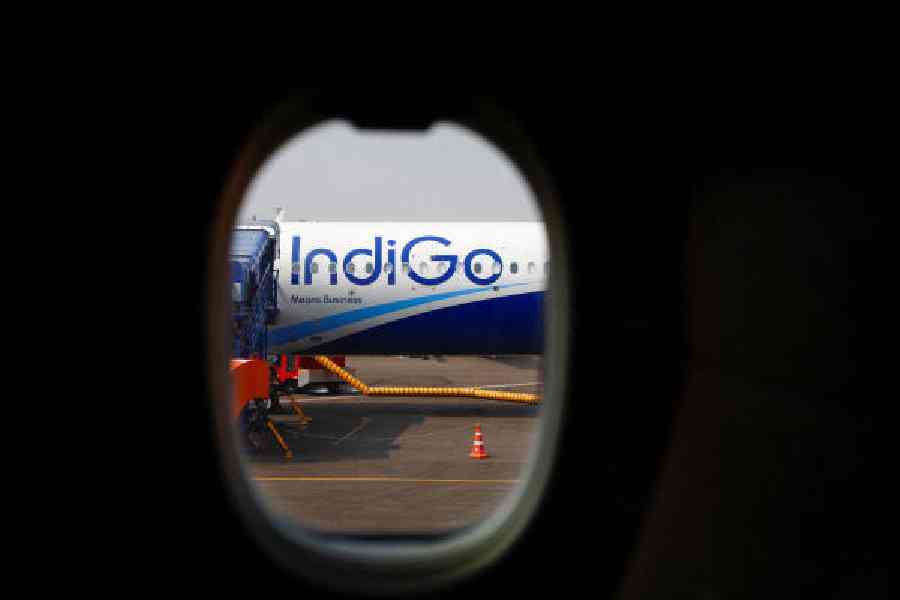Congress on Sunday said that the forcible tribal lands acquisition of 1000 acres in Assam for a private cement factory has forced the Gauhati High Court to ask whether Constitutional safeguards in tribal areas have any real sanctity in the state.
“This is the reality of Assam today. A judge of the Guwahati High Court is forced to ask whether Constitutional safeguards in tribal areas have any real sanctity and meaning and is compelled to express his deep concern at the forcible and violent acquisition of 1000 acres of tribal lands in Assam for a private cement factory,” Jairam Ramesh wrote on X, citing a news report.
In Dima Hasao, a remote hill district of southern Assam bordering Manipur and Nagaland, nearly 3,000 bighas (around 1,000 acres) of land have been transferred from an area long inhabited by tribal communities.
The land was allotted to Mahabal Cement Pvt. Ltd., which was acquired by New Delhi–based JK Lakshmi Cement in February 2024.
The company said the land was “only barren land,” needed for mining and cement production.
Petitioners call it an “involuntary” seizure of ancestral territory. The proposed factory site, just nine kilometers from Umrangso town, cuts through two inhabited villages, Nobdi Longkukro (Dimasa) and Choto Larpheng (Karbi).
The Telegraph Online had reported that during a hearing on August 12, Justice Sanjay Kumar Medhi of the high court said: “3000 bighas! The entire district? What is going on? 3000 bighas allotted to a private company? We know how barren the land is… 3000 bighas? What kind of decision is this? Is this some kind of joke or what? Your need is not the issue, the public interest is the issue.”
Calling the allotment “extraordinary,” the bench directed the North Cachar Hills Autonomous Council (NCHAC) to produce policy documents and records justifying the transfer. It also reminded authorities that Dima Hasao is a Sixth Schedule district, where indigenous rights have constitutional safeguards.
The trouble began in mid-2024 when the autonomous council summoned villagers for a public hearing. Locals said there was no discussion and it was an announcement that land would be taken for compensation. Many villagers, unaware of their rights, initially agreed, according to the India Today report, which Ramesh cited.
Villagers allege the council received nearly Rs 50 crore for facilitating the deal, while only about Rs 2 crore reached affected families. Most households reportedly got cheques of Rs 2 lakh; village heads received Rs 15 lakh. Feeling cheated, Dimasa families of Nobdi Longkukro returned the cheques. On May 16, they filed a formal complaint alleging coercion and misinformation.
On July 31, 2024, protesters clashed with officials. Three youths filed a police complaint and accused Monjit Naiding, an executive council member of NCHAC, of snatching a gun from his security guard and firing shots to scare villagers. No one was hurt.
Naiding has denied the charges, calling them “false and baseless.”
The unrest soon spread to Karbi-majority Choto Larpheng, where residents also rejected compensation.
By August 2024, activist Babojit Langthasa filed a PIL, which was later dismissed for lack of locus. In December, villagers themselves approached the high court; their petition was admitted in January 2025.
Justice Medhi’s remarks during the August hearing has been widely shared, putting spotlight on a district otherwise known for its hot springs, migratory bird habitats, and fragile ecology.
The court has ordered NCHAC to produce records and its land allotment policy at the next hearing.

